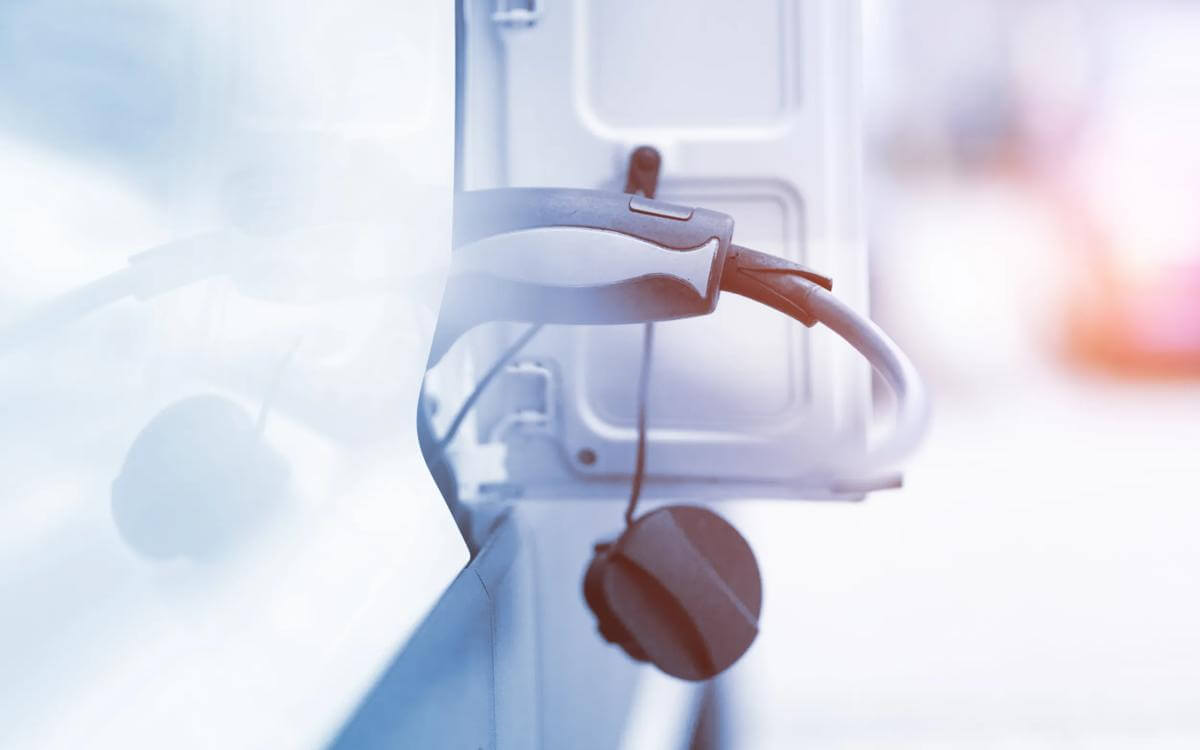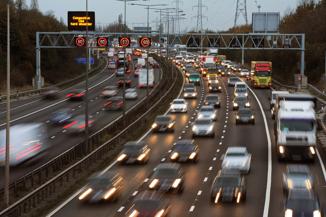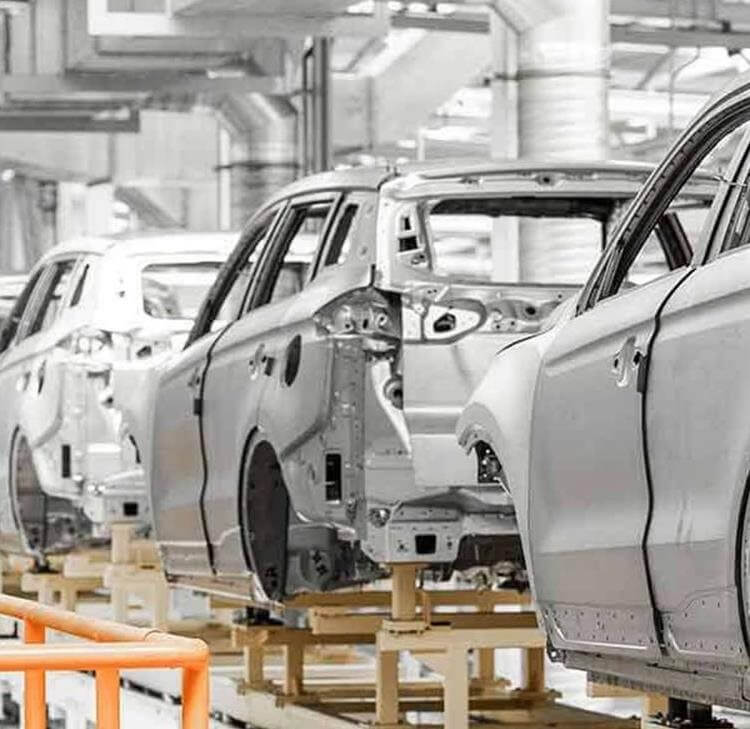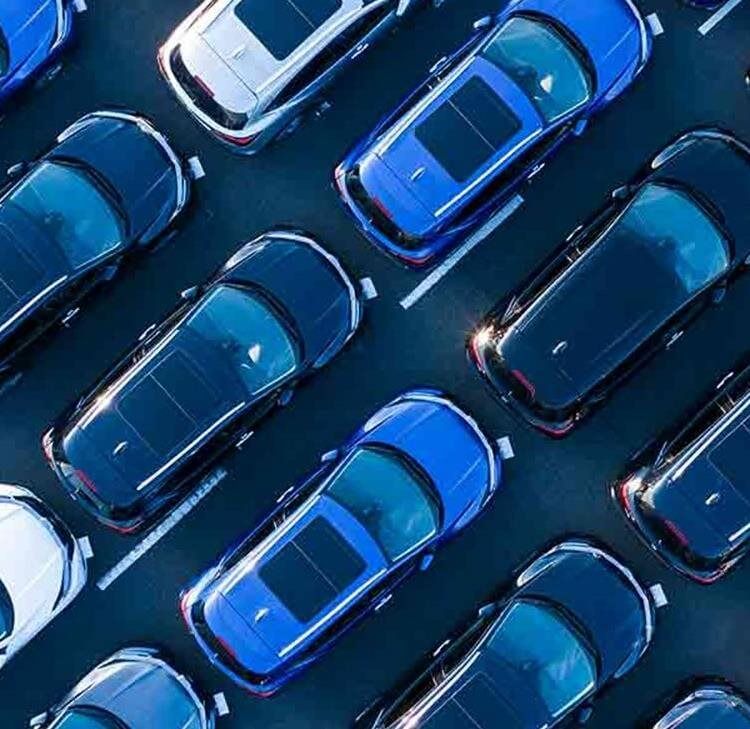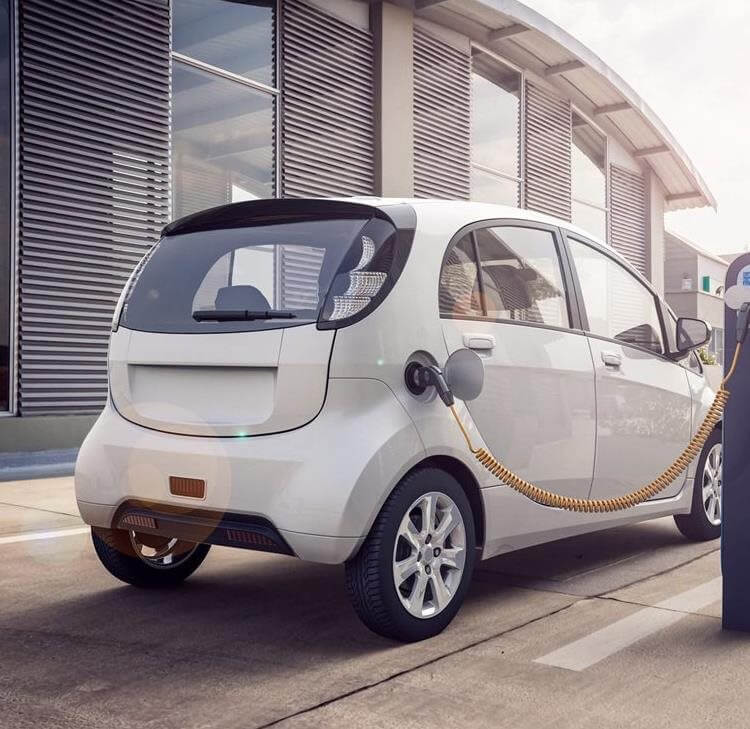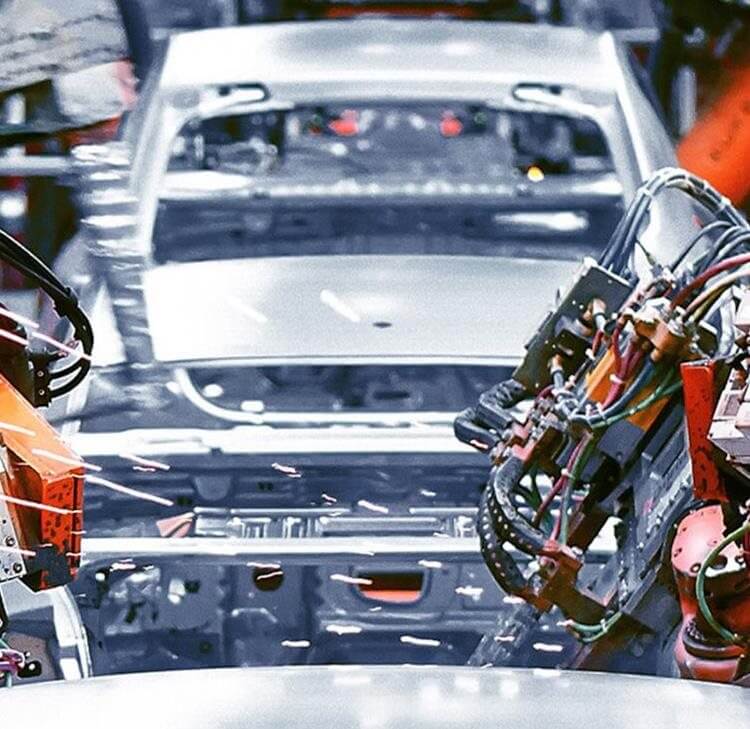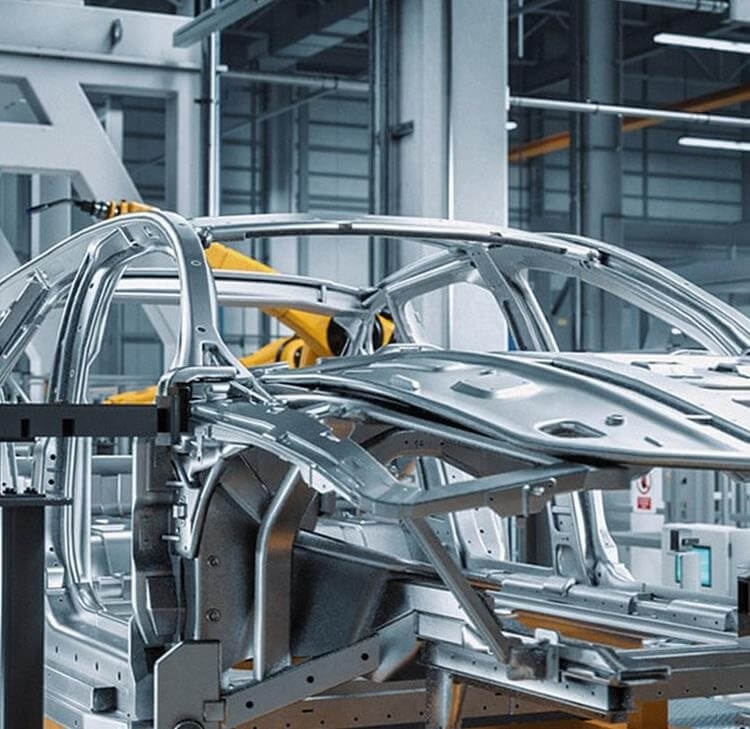Automotive manufacturers been working for some time to make their vehicles smarter.
In this article, we discuss the main rules at play for autonomous vehicles in the UK and the EU and consider how EU and UK legislators are taking different approaches.
Autonomous vehicles (AVs) are capable of understanding their environments and operating without human input. They do this in part by processing data collected by sensors to make decisions previously handled by humans. AVs will have a significant impact on housing choice, mobility for older citizens and disabled persons mobility to name a few. This is clearly very exciting technology, but not without its challenges in regulation.
The European Union (EU) has been passing regulations which apply to AVs since 2019. The EU’s approach to AVs is cast broadly across many pieces of legislation, the main items of which are set out below. Many member states (such as Germany) have launched their own specific legislation, as has the UK. The UK has maintained its sectoral legislation approach. The UK has enacted the Automated Vehicles Act 2024 to deal with automated vehicles. While the EU has a broad regulatory landscape for AI, and data etc, the EU’s stance on the regulation and development of AVs seems less targeted and purposeful than the UK approach.
Fragmented EU approach
1. Comprehensive Safety Regulation (The General Safety Regulation (EU) 2019/2144)
This regulation lays the safety groundwork for higher levels of vehicle automation. It mandates various safety protocols and establishes a framework for the approval of automated and driverless vehicles. This regulation does not directly provide for the specific technical criteria for the approval of autonomous vehicles. Instead, it lays down a framework that mandates the development and implementation of technical rules, which are subsequently detailed in other legislation (Commission Implementing Regulation (EU) 2022/20) and supported by international standards such as those from the United Nations Economic Commission for Europe.
The implementing legislation sets out technical standards for approving fully automated vehicles (which are called Levels 3 and 4) in the EU. It ensures safety, cybersecurity, and accountability by requiring robust fallback systems, data recording, secure software updates, and compliance with defined operating conditions (specific conditions under which an ADS is designed to function safely).
2. Overarching AI Regulation (AI Act)
The AI Act Regulation (EU) 2019/2144 classifies AI systems in AVs as high-risk, ensuring regulatory scrutiny commensurate with the technology’s societal impact. This act complements UNECE’s technical regulations, such as those governing Automated Lane Keeping Systems (ALKS), aligning the EU with international standards while introducing AI-specific obligations for transparency and accountability.
3. Data Governance Framework (GDPR, the Data Act, and the Data Governance Act)
Through GDPR, the Data Act, and the Data Governance Act, the EU establishes robust protections for personal data and frameworks for data sharing. These are critical for AV functionality, particularly regarding real-time data collection and usage, creating legal clarity for compliance in a highly regulated domain.
Comparing the UK approach
The quite a fragmented approach to the regulation of AVs (above) in the EU contrasts with the UK’s clear rules, particularly with regard to liability issues. The above list of EU legislation does not deal with liability, which is only a limited snapshot of the complex web of legislation which deals with the technology. The UK’s AV Act sets out a detailed framework for the introduction of AVs.
The AV Act requires AVs to reach a level of safety at least as high as a careful and competent human driver. AVs will be required to pass a self-driving test to ensure this safety level is met.
The Act also outlines several new concepts which address the issue of legal liability. The key concepts are:
1. Authorised self-driving entities
Following the self-driving test, the vehicle will be classed as an ‘authorised AV’. To coincide with every ‘authorised’ AV there must be an entity known as the ‘authorised self-driving entity’. This entity will be responsible for ensuring the AV continually complies with the mandates of the self-driving test. It must be noted that these entities will not be individual users, but the companies developing the cars which will have ultimate responsibility.
2. 'User in Charge'
The Act differentiates between AVs that have User in Charge features and those that do not. User in Charge features refer to those where the user can get involved in the journey. The Act provides guidelines for authorising requests that require user intervention and the duration of transition periods for vehicles equipped with such features.
The AV Act also deals with Marketing, Policy Investigations and Sanctions which is a much more bespoke set of regulatory obligations than what is contained in the more general EU AI Act relating to AVs.
Conclusion
The EU and UK propose to adopt ever more divergent approaches to AI regulation in the automotive space, with the EU employing a risk-based model and the UK using a context-specific approach. The EU has provided for a complex web of regulation dealing with AVs. In contrast, the UK has introduced targeted legislation which may be considered more business friendly.
Related expertise
You may be interested in...
Legal Update
Autumn Budget 2025 sector predictions: Retail
Guide
Counterfeit automotive parts: Car manufacturer and dealer risks
Press Release
Browne Jacobson advises Phenna Group as it expands its presence in Ireland
Opinion
Motor injury claims on the rise in European markets
Legal Update - Retail law roundup
Retail law roundup: September 2025
Legal Update
Exploring bi-directional charging: The future of EV technology
Legal Update
A spotlight on motor insurance claims costs
Legal Update - Retail law roundup
Retail law roundup: August 2025
Legal Update
Admiral sets aside £50m for customer compensation
Legal Update
English Devolution Bill: Is it the end of upwards-only rent reviews?
Legal Update
Compliance obligations under the EU Batteries Regulation
Legal Update
Anticompetitive practices in Ireland's motor industry under scrutiny by the CCPC
Legal Update
Government plans to ban upwards only rent reviews catch everyone by surprise
Legal Update
Distribution in the UK and the EU
Legal Update - DMCC Act
The DMCC Act and consumer protection: Unfair commercial practices
Legal Update - DMCC Act
The DMCC Act and consumer protection: Investigation, fines and other measures which the CMA can take
Legal Update - DMCC Act
The DMCC Act and consumer protection: Misleading pricing and drip pricing
Guide - Autonomous vehicles
Autonomous vehicles in the UK: Where are we now?
Press Release
US-UK trade deal: Reaction from Browne Jacobson lawyers
Legal Update
Advertising trends: Influencers, intellectual property and image rights
Legal Update
US tariffs: Implications for the UK automotive sector and practical steps for businesses
Legal Update
Navigating the road ahead: Fate of the UK’s automotive EV market in 2025 and beyond
Legal Update
UK court clarifies copyright protection for "works of artistic craftsmanship"
Legal Update - Autonomous vehicles
The future of transportation: The UK's approach to automated vehicles
Press Release
Corporate sector: 2025 predictions
Legal Update - Autonomous vehicles
When roads diverge regulating autonomous vehicles: EU v UK approaches
Legal Update
Insurability by design: Increased transparency for vehicle manufacturers and insurers
Legal Update
Delivering EV charging infrastructure: The local government perspective
Guide
Guidance for manufacturers of EVs and HEVs in the UK: ASA's non-exhaustive electric vehicle advertising guidance
Legal Update - Autonomous vehicles
Changing lanes: Automated Vehicles Act 2024 becomes law
Legal Update - Autonomous vehicles
Update: Further debates on the Automated Vehicles Bill in the House of Lords this month
Legal Update - Autonomous vehicles
King’s Speech gives the green light for autonomous vehicles
Opinion - Autonomous vehicles
An Update on Autonomous Vehicles and the Transport Bill
Legal Update
The future of autonomous technology - August 2023
On-Demand - Autonomous vehicles
'Autonomous vehicles: what the future holds' on-demand
On-Demand
NSIA: the thorn in the side of M&A?
On-Demand
Automotive webinar - EV charging points: contractual and liability issues to be aware of
On-Demand
Automotive webinar - Grant Funding and Collaboration Agreements
In this session, we examined the legal framework around grant funded collaborations and discussed the key risks to be aware of, including IP ownership and compliance with grant terms.
On-Demand
Automotive webinar - Commercial Contracts
Published Article
The problematic transition to electric vehicles - what is the impact on manufacturing
It was reported in May 2022 that the BMW-owned manufacturer had been forced to put a temporary stop on the production of all manual transmission vehicles due to the global semi-conductor shortage and the war in Ukraine. Mini stated that the move was made in order to "ensure production stability".









